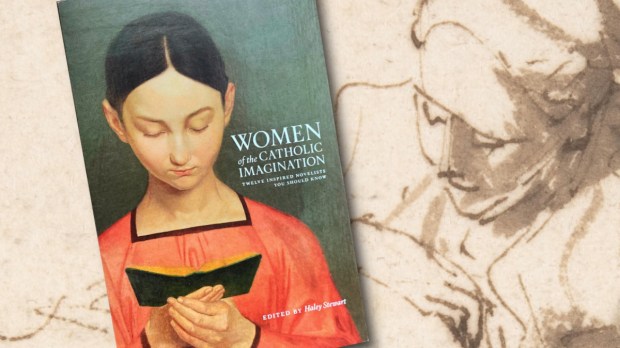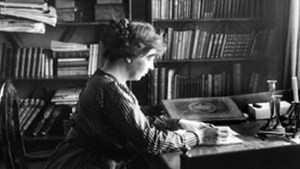When you hear the words “Catholic writer,” who comes to mind? Some Catholic writers, like J.R.R. Tolkien and Flannery O’Connor, are incredibly well known. You’ve probably heard of them and know they’re Catholic, even if you haven’t read their books (or most of them, anyway).
But other writers, even quite talented and famous ones, are not known for their Catholicism. Maybe the most surprising example is Toni Morrison, one of the most acclaimed American writers of the last 50 years and winner of the Nobel Prize. Most of Morrison’s readers probably have no idea that she was Catholic, but in fact, she converted to Catholicism at age 12. In fact, she is the only American Catholic woman to date to win the Nobel Prize in Literature.
Surprising discoveries
A new book from Word on Fire, Women of the Catholic Imagination, shines a light on 12 inspired novelists, all Catholics, who are not necessarily known for their faith:
There is no lack of talented women in the Catholic literary tradition. Yet these brilliant writers are often unfamiliar to today’s readers, or, if widely read, their Catholic identity is unrecognized. This collection introduces a dozen Catholic women novelists from the past 200 years, presenting their fascinating lives, spiritual biographies, and sacramental vision in essays by 12 Catholic scholars and writers.
The collection was edited by Haley Stewart and includes a conclusion by bestselling author Natalia Sanmartin Fenollera. Women of the Catholic Imagination shines a spotlight on these novelists, while expanding the Catholic literary canon and helping readers understand their works more deeply — whether we are familiar with their writings or discovering them for the first time.
Catholic literature shaped by life
Featured novelists include a number of names that you may find surprising, like Donna Tartt, Caroline Gordon, and Josephine Ward. It’s fascinating to learn about the personal lives of these remarkable women and about the inspiration behind their works.
Admirers of Catholic writers, women writers, and of good literature in general will delight in Women of the Catholic Imagination. The collection is deeply engaging and carefully researched, as you can see in this brief but incisive description of Nobel Prize winner Sigrid Undset:
How did Sigrid Undset—who once said of marriage that it “makes women stupid, or they dilute their demands on life, on their husband, and on themselves so much that they can scarcely be counted as human” — come to be such a powerful defender of the family in an age of social disintegration? And how could a woman who once said “I would personally prefer anything to marriage and motherhood as an occupation” not only raise six children (two with severe mental disabilities), but write so lyrically about her titular character Kristin, whose life is arguably defined — and spiritually refined — by marriage and motherhood? The answer is the same as it is for the fictional Kristin: God had been patiently waiting to redeem her misguided passion and idealism, to direct her gaze away from the self toward the “love which moves the sun and other stars” — in short, to thaw her Northern heart.
Sigrid Undset has long been one of my favorite authors, and I learned more about her and understood her writings more from that paragraph alone than from reading countless online biographies about her. The same is true of the rest of this must-read collection, as each chapter reveals to the reader a new literary star to appreciate and enjoy.



